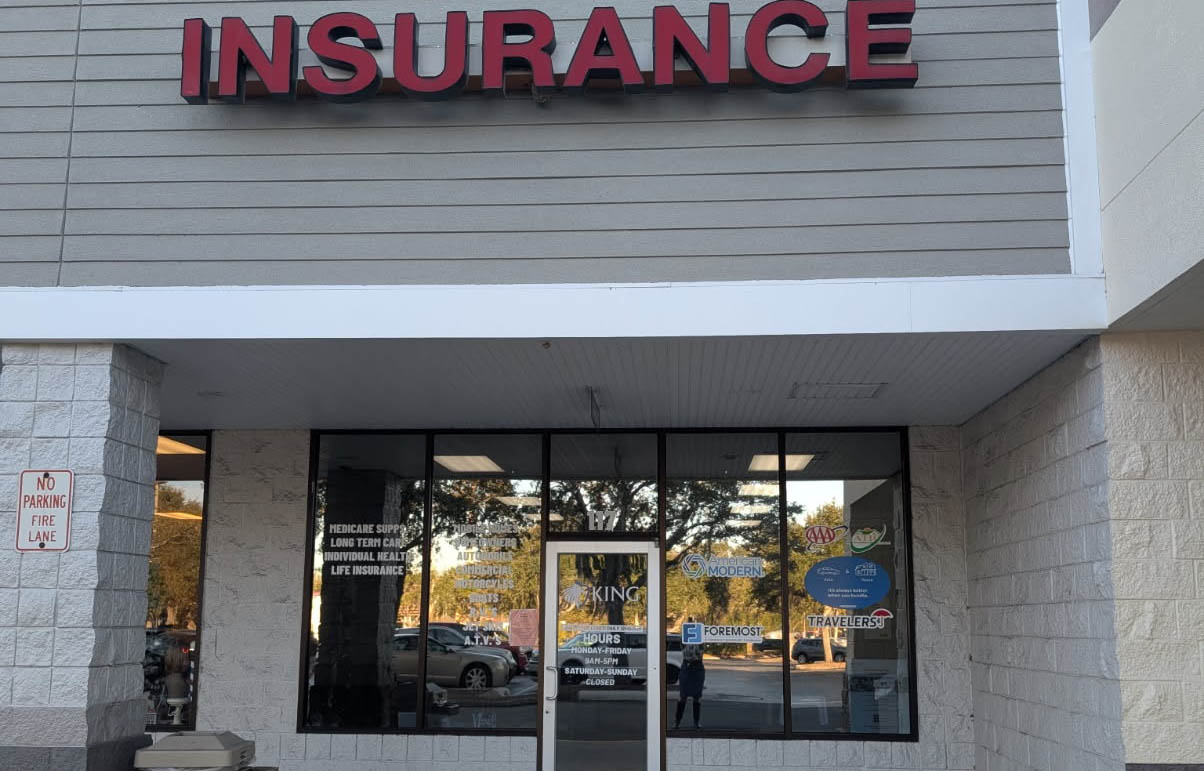Message from the CEO of Bronx-Manhattan North Assoc. of Realtors: Time to be transparent - by Eliezer Rodriguez
The real estate industry was put on the defensive in 2019 with attacks coming from all different directions under the guise of expanding benefits and/or protecting tenants. The attacks were too many to go into great detail in this article. I will, however, give you a snapshot of a few changes that have–or will–hinder the real estate industry. My goal is to seek an answer from our elected officials to the question: If protecting and expanding benefits to tenants is the goal, then why isn’t there enough political support to pass initiatives recommended by the real industry to benefit all who want to achieve home ownership?
The attack started in February of 2019 with the proposed Intro. No. 1423, better known as the “Brokers Fee Proposal.” It is a local law to amend the Administrative Code of the city of New York to limit the fee earned by a real estate licensee to one month’s rent. The Broker’s Fee Proposal will do more than unjustly target and adversely affect Realtors, it will also establish a dangerous precedent regarding private real estate transactions. The Broker’s Fee Proposal would not fare well against the line of cases where local municipalities were challenged based on violating the Supremacy Clause of the U.S. Constitution and The Sherman Antitrust Act of 1890. What the Broker’s Fee Proposal intends to accomplish is why The Sherman Act was passed– to remove government regulations from businesses and, among other things, to return private competition to the marketplace. The city of New York is not immune from being a proper defendant under The Sherman Act.
I would support a local law, for example, to mandate all barber shops to list the prices for the service they provide as it helps to promote competition and I can shop for a better deal. However, I will not support a mandate that tells a barber how much to charge for a haircut as that will suppress competition. Next, the City Council may mandate how much an attorney is to charge for a closing or a doctor to see an uninsured patient, and so on. In all fairness, the City Council ought to let the free market dictate what fees to charge as it has its own way of correcting itself. Fortunately, The Broker’s Fee Proposal was heavily contested and for the time being, the City Council has stepped back on advancing this initiative.
The big negative hit to the real estate industry occurred on June 14, 2019, when governor Cuomo signed the Housing Stability and Tenant Protection Act of 2019 (TPA). TPA caught the real estate industry by surprise as key Realtor organizations were not included in the conversations. TPA eliminated some provisions that benefited property owners, while other provisions restricted their ability from renovating and maintaining their properties and from providing their tenants with quality service.
A law suit was filed in the U.S. District Court for the Eastern District of NY challenging the constitutionality of the state’s Rent Stabilization Law (RSL). The suit argues that the RSL, as recently amended, violates the Due Process and Takings clauses of the U.S. Constitution.
Now, to address the question I posed in the opening paragraph. New York State Association of Realtors (NYSAR) has long recognized that buyers and sellers of co-op units have significant concerns with the length of time it takes to have an application approved or disapproved. Co-ops turn buyers down for many reasons, discrimination is likely the most frequent, but difficult to prove. Unfortunately, since they do not have to give a reason, it is often hard to pursue. Many buyers get frustrated with the delay and simply move on.
Here are two stories in favor of co-op reform. Unfortunately, I was a victim of a co-op’s abuse of power. A mentor friend wanted to sell me all of his co-ops in Thwaites Place in the Bronx. My friend’s mind was sharp, but his 98 -year-old- body was failing him. The contract, of course, was contingent on securing board approval. The application was submitted to the board for review in July of 2008. For the next two months, numerous calls were made to the board’s president regarding the board interview. The president of the co-op did not return our calls.
My dear friend passed away on October 21, 2008, 113 days after we submitted our application to the co-op board for approval. 47 days after his passing, the board finally got around to scheduling our interview. Our application was disapproved for no reason. The interview itself was a joke and no relevant questions were asked that would have justified the disapproval. However, I knew the truth. The board was waiting for my friend to die. My friend’s son-in-law sat on the co-op board and he was against the sale and wanted to keep the units for himself. Did you ever think a co-op board would abuse their power in that fashion? No one, absolutely, no one under any circumstances should have to wait 160 days for a board application to be disapproved.
Recently, a member Realtor asked me to help with a contract of sale on a co-op unit. It took several months to go from contract signing to getting a commitment letter. The contract was contingent upon approval of the co-op board. The application, along with the application fee, was submitted to the co-op board for review and to schedule the interview. Finally, the application was reviewed and the co-op board scheduled the interview. Three days before the scheduled interview, the buyers were informed that the interview was canceled. Then, they were told their application was rejected. Their application was rejected without an interview. I can’t help but wonder if the rejection was discriminatory in nature because the buyers were a gay couple with a child and there were no financial issues.
This is a fair housing issue and our elected officials need to take immediate action to prevent a co-op board from engaging in any form of discriminatory act. I want to see our elected officials tackle–and fix–this matter so everyone is allowed to pursue the American dream of home ownership. A co-op board ought to be mandated to render a decision within 60-days on an application. If a decision is not rendered within the 60 days, the application ought to be rendered approved. I would also argue to include a reason for the rejection, but setting a time limit is a start to getting a co-op transparency law passed in NYC. I encourage all elected officials to finally get this done because it is time to get transparent!
Eliezer Rodriguez, Esq. is the chief executive officer of The Bronx-Manhattan North Association of Realtors, Bronx, N.Y.
Hanna Commercial Real Estate brokers Agri-Plastics 64,000 s/f manufacturing facility lease at Uniland’s 2 Steelworkers Way


AI comes to public relations, but be cautious, experts say - by Harry Zlokower

Strategic pause - by Shallini Mehra and Chirag Doshi

Lasting effects of eminent domain on commercial development - by Sebastian Jablonski









.jpg)
.gif)
.gif)